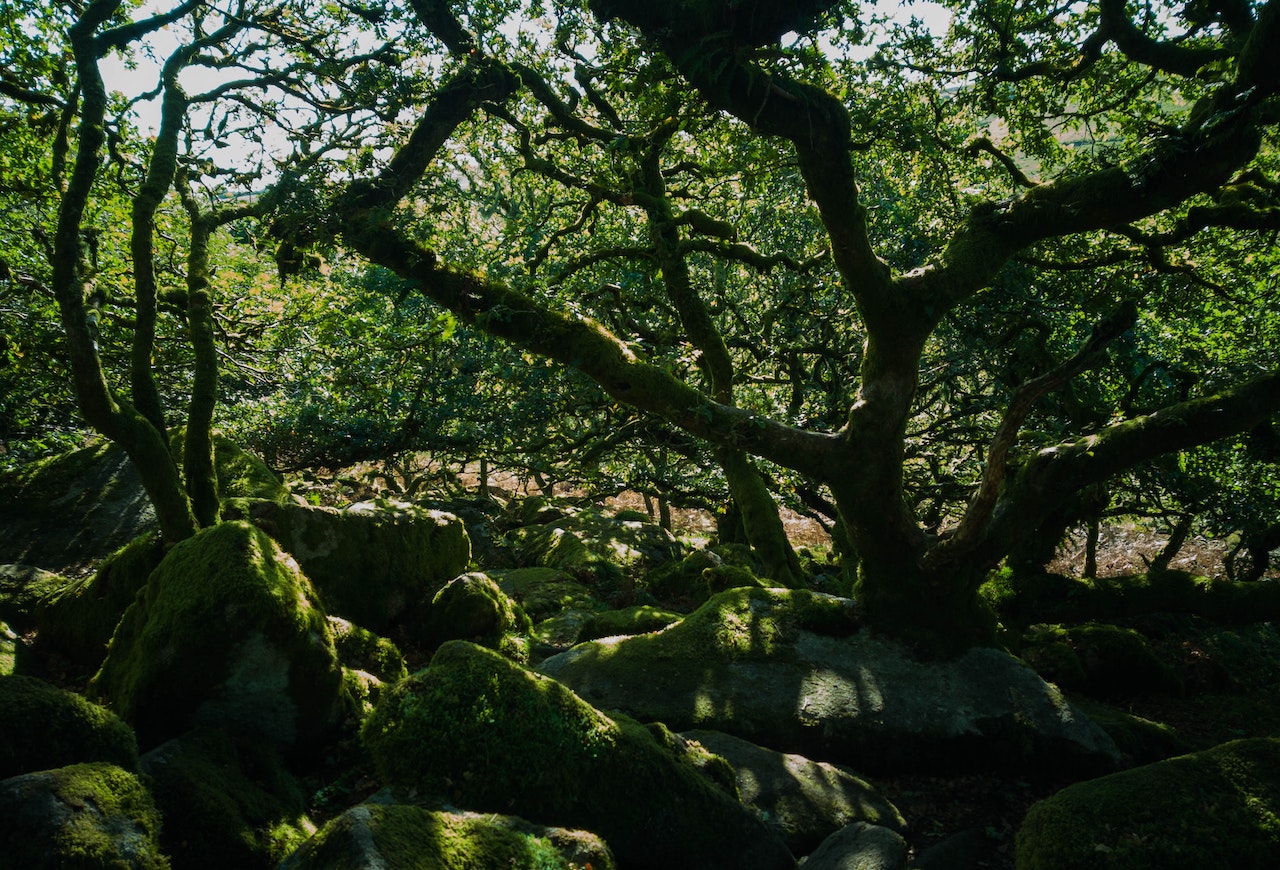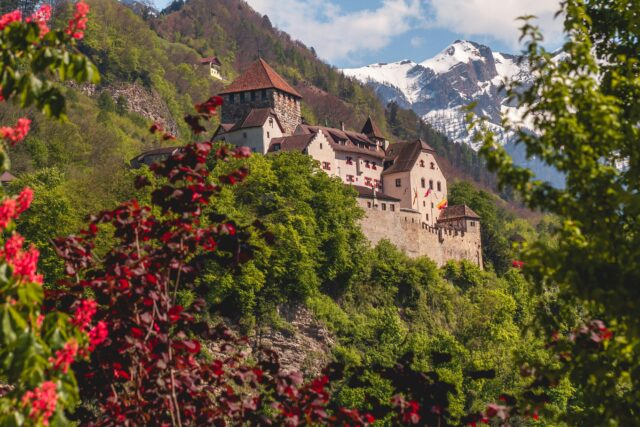With natural capital at a crossroads, institutional investors looking to gain exposure to land, agriculture and forestry should strike now or risk being left behind, a new report says.

Once a specialist allocation for pension funds, endowments and family offices, natural capital is becoming a core component of institutional portfolios, according to a report by Kana Earth, in collaboration with natural capital managers Aberdeen Investments, Gresham House and Rebalance Earth.
The report analyses the market for nature investments and its potential returns and risks. Nature investments, the report argues, not only contribute to climate and biodiversity resilience but also offer attractive risk‑adjusted returns and low correlation to macroeconomic shocks.
The global economy may face an annual loss of $2.7trn (€2.3trn) by 2030 due to nature-related risks, with the Democratic Republic of Congo, Angola, Madagascar, Ethiopia, Bangladesh and Pakistan among the hardest-hit, according to the World Bank.
“Natural capital is entering a critical phase. Systemic risks are accelerating, yet the market remains underdeveloped and undervalued. Policy, regulation and investor demand are all moving fast, creating a limited window to secure access to high-quality opportunities in land, agriculture and forestry. Acting now can position investors ahead of rising costs, tightening supply and growing compliance pressure,” the report said.
Rewilding
The report divides natural capital into three categories: sustainable agriculture, sustainable forestry and nature-based solutions such as reforestation, rewilding or peatland restoration.
The report lays out a framework that can help asset owners integrate nature investments into their portfolios across familiar asset classes such as real estate, infrastructure, natural resources and private equity. It also explains how investors can embed natural capital within their existing governance and risk frameworks.
According to a previous report by Gresham and Mallow Street, half of UK asset owners are either already investing in natural capital or plan to do so by the end of this year. These include the South Yorkshire Pension Fund, which is committing 3.5% of its portfolio to natural capital such as regenerative agriculture and sustainable forestry.
The increasingly adverse impact of climate change on our planet combined with a rise in supportive regulatory policies make natural capital a “timely and strategic opportunity” for investors, the report concludes.






